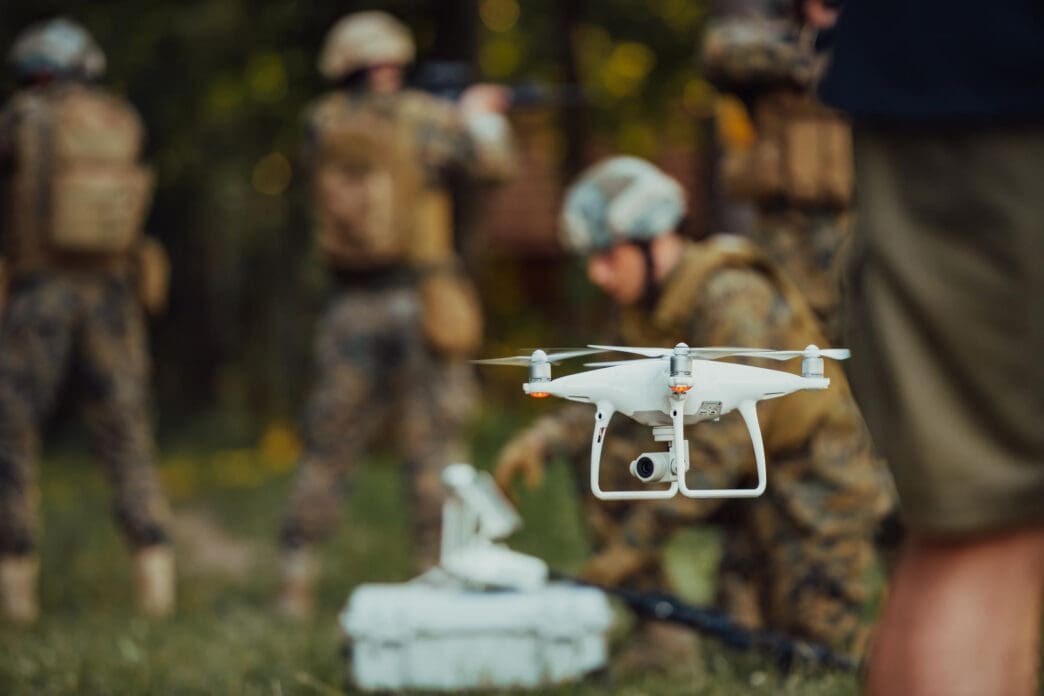Executive Summary
The Story So Far
Why This Matters
Who Thinks What?
European Union leaders are convening in Copenhagen on Wednesday, October 2, to deliberate on proposals for a “drone wall” aimed at bolstering continental defense and to discuss utilizing 140 billion euros in frozen Russian assets to fund a loan for Ukraine. The summit follows recent airspace intrusions over Denmark and other European nations, intensifying calls for enhanced security and sustained support for Kyiv amidst Russia’s ongoing invasion.
Continental Defense Initiatives
The “drone wall” proposal, advocated by European Commission President Ursula von der Leyen, envisions a network of sensors and weapons designed to detect, track, and neutralize intruding unmanned aircraft. This discussion is particularly timely, coming days after unidentified drone incursions disrupted air traffic at six Danish airports last week.
In response to these incidents, several European nations, including France, Germany, Sweden, Norway, the Netherlands, Britain, Finland, and Ukraine, have committed troops and anti-drone systems to assist Denmark in protecting the summit leaders. NATO Secretary General Mark Rutte endorsed the “drone wall” concept as “timely and necessary,” highlighting a renewed focus on bolstering Europe’s defense capabilities.
Rutte also emphasized the economic challenge of countering drones, noting the unsustainability of deploying expensive missiles against lower-cost unmanned vehicles. While the European Commission has yet to produce a detailed plan, the initiative was reportedly under consideration prior to recent incursions over Poland.
Frozen Russian Assets for Ukraine
A key agenda item for leaders is the European Commission’s proposal to use Russian assets frozen in Europe to finance a 140 billion euro “Reparation Loan” for Ukraine. This initiative aims to bolster Kyiv’s war effort, especially as U.S.-funded military aid reportedly dwindles.
Commission President von der Leyen stated that decisive action could mark a “turning point” in the conflict. Under the proposed plan, Kyiv would repay the loan if Russia provides war reparations, though European officials acknowledge complex legal and technical questions remain.
While German Chancellor Friedrich Merz voiced support for the general concept, Belgian Prime Minister Bart De Wever expressed caution. He warned that using central bank funds could prompt countries to withdraw their reserves from the eurozone, citing the precedent it might set.
Broader EU Stance
These discussions unfold amid increasing pressure on the EU to assume greater responsibility for its defense and support for Ukraine, a sentiment echoed by President Donald Trump. The summit also provides an opportunity to advance a proposed 19th package of EU sanctions against Russia, which includes phasing out Russian liquefied natural gas imports by early 2027.
Outlook
The Copenhagen summit underscores the EU’s strategic commitment to strengthening its collective security and providing economic assistance to Ukraine. The outcomes are expected to define the bloc’s evolving approach to continental defense and its financial response to the ongoing conflict.








